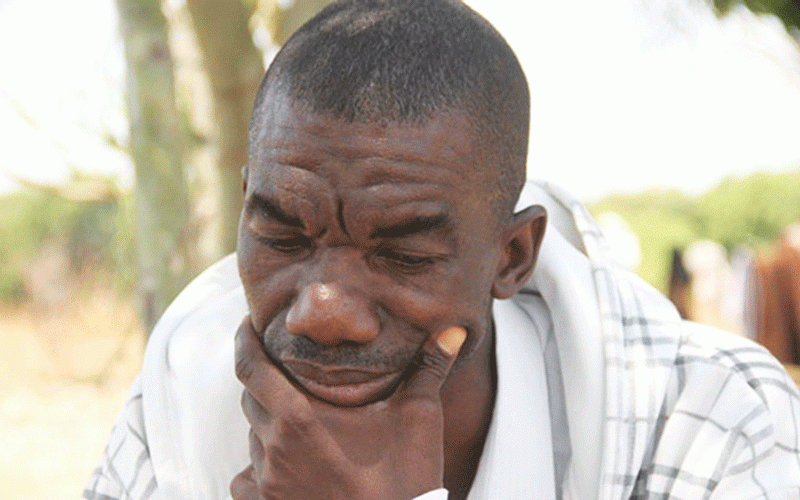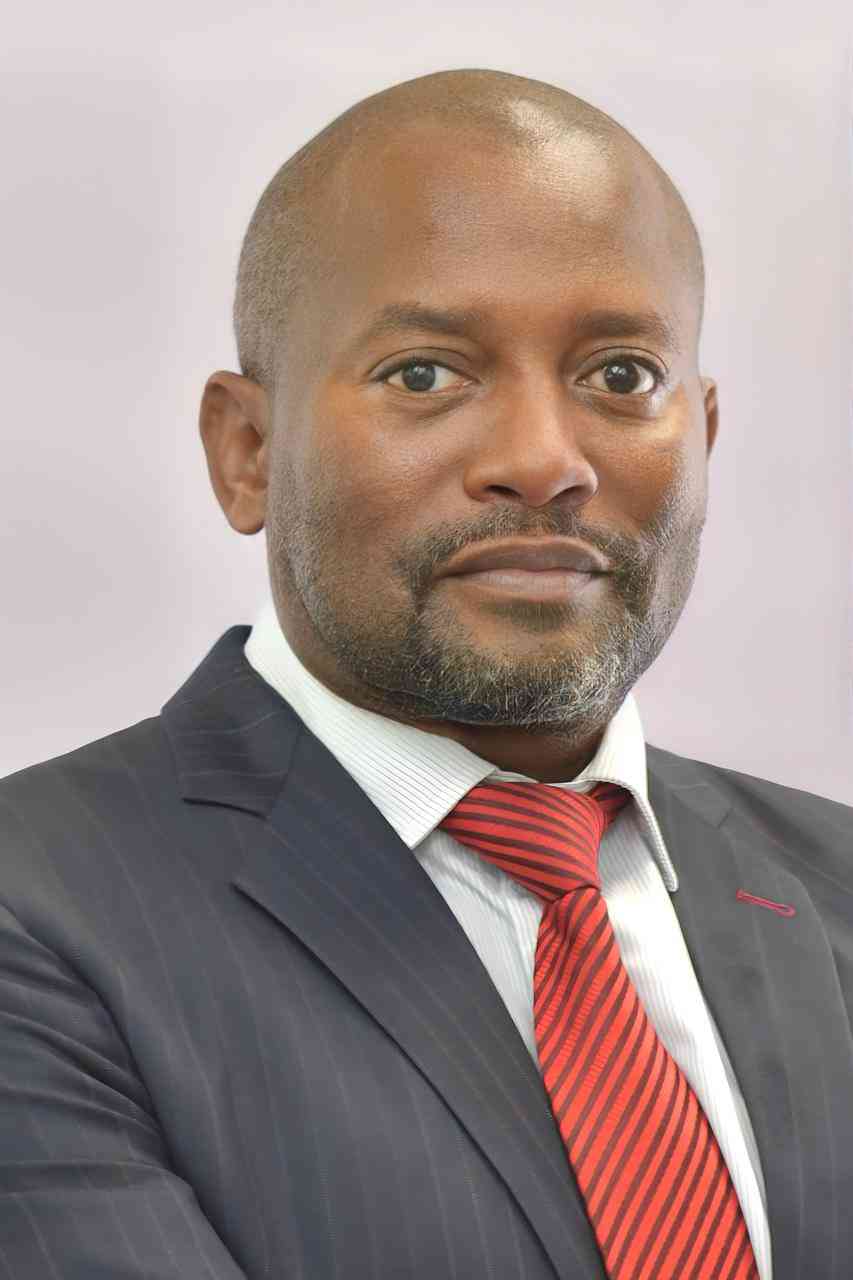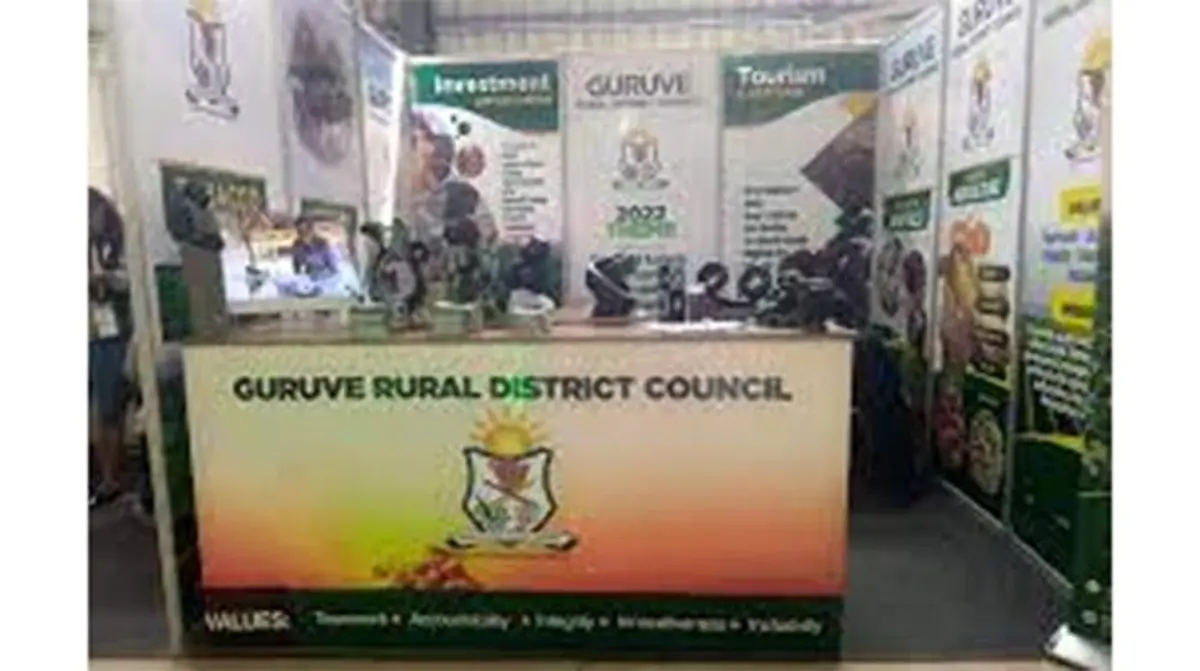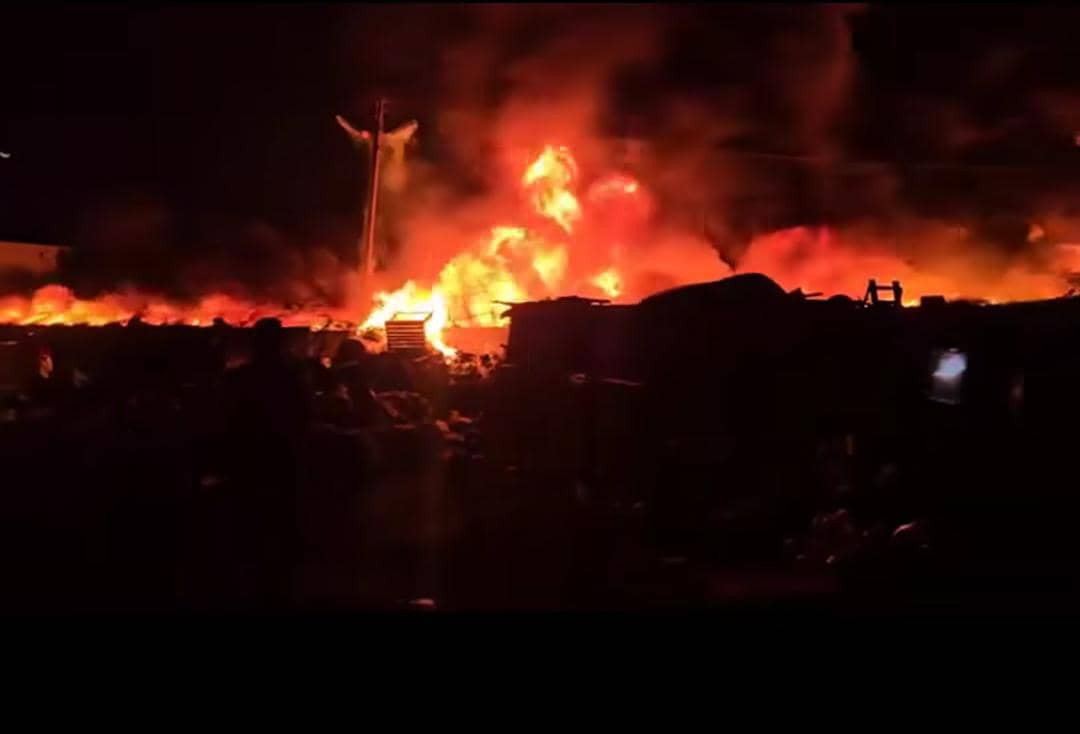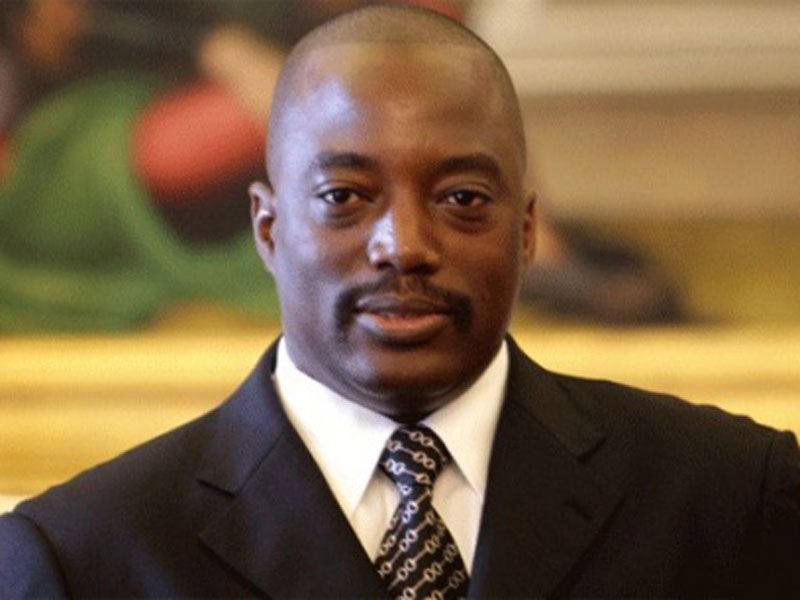
Leading parties in Democratic Republic of Congo’s ruling coalition told President Joseph Kabila on Monday that actions by his allies had given the impression that he intends to violate the constitution by hanging onto power beyond 2016.
Reuters
In a letter to Kabila, seen by Reuters, the heads of the so-called G7 parties demanded immediate steps to ensure that the presidential election, scheduled for November 2016, is held on time. If held successfully, the vote would mark the country’s first peaceful transition of power.
The letter stated that violating the constitution’s two-term limit risked destabilising the vast Central African country where regional wars between 1996 and 2003 killed millions, most from hunger and disease.
Opposition parties plan to demonstrate in the capital, Kinshasa, on Tuesday to demand that Kabila, in power since his father’s assassination in 2001, step down next year as required by the constitution.
Kabila’s opponents accuse him of attempting to manipulate a packed slate of costly local, provincial and national elections planned over the next 14 months to delay the presidential vote.
Those concerns were further fed by a constitutional court decision last week ordering the election commission to review the calendar on the grounds that budgetary and political constraints had made it untenable.
“The last extraordinary session of parliament and the judgment of the constitutional court…have led the overwhelming majority of Congolese to believe there are unavowed intentions to not respect the constitution,” the G7 wrote.
- Chamisa under fire over US$120K donation
- Mavhunga puts DeMbare into Chibuku quarterfinals
- Pension funds bet on Cabora Bassa oilfields
- Councils defy govt fire tender directive
Keep Reading
The party leaders said that any revision of the election calendar must respect the constitutional requirement that the presidential election be held next year.
The government spokesman was not immediately available for comment.
The seven parties previously wrote to Kabila in February and March to warn that lingering uncertainty surrounding his intentions was draining their political support.
The group includes the Social Movement for Renewal (MSR), the second largest party in Kabila’s coalition.
Kabila has refused to comment publicly on his political future though a spokesman has said he intends to respect the constitution.

